Author(s)
Peter Marshall (Foreword)
Contents
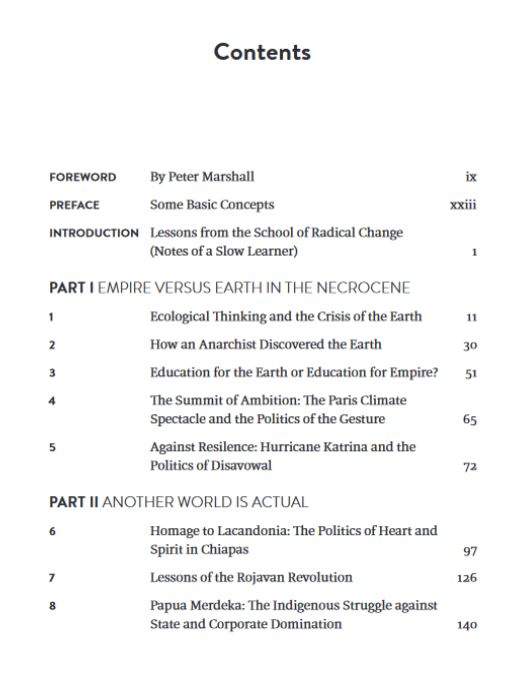
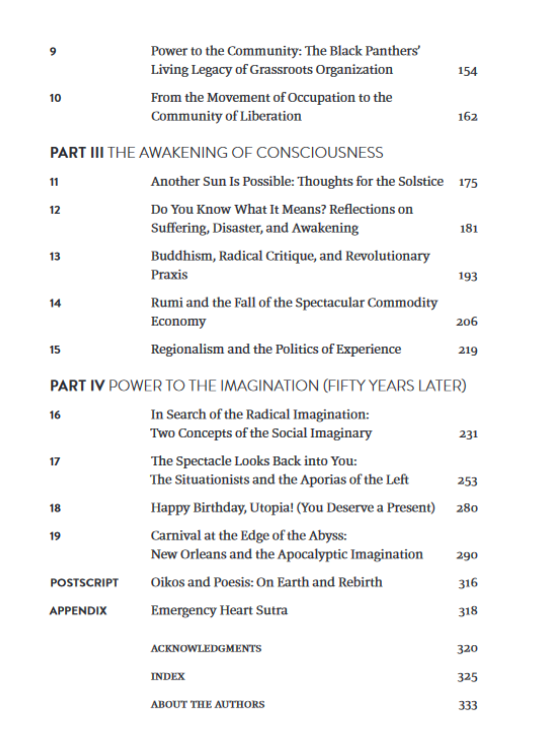
“Having already edited a collection of his writings, Clark is inspired by the French nineteenth-century geographer Elisée Reclus, whom he claims as an anarchist ‘discovered the Earth’ and opposed, as Clark does, all forms of social and ecological domination.
He recognizes that humanity is an integral part of nature; indeed, in his words ‘nature becoming self-conscious’
(‘L’Homme est la Nature prenant conscience d’elle-même’).
In other words, the Earth is in ourselves and we are the Earth.
He conceived anarchy as a critique of class, patriarchal, racial, technological, and state domination while recognizing past and present human domination of other species and nature itself. His form of “anarchography,” which Clark approves, is at once the writing of the universal and of the particular, of the ecosystem and of the stream.He was prophetic in seeing the possibility of an egalitarian, libertarian, and communitarian society based on mutual aid as well as a process of globalization from below in which nature and humanity become one.”
Peter Marshall
Leave a comment below with a valid email adress (it will not be published) to request this book.
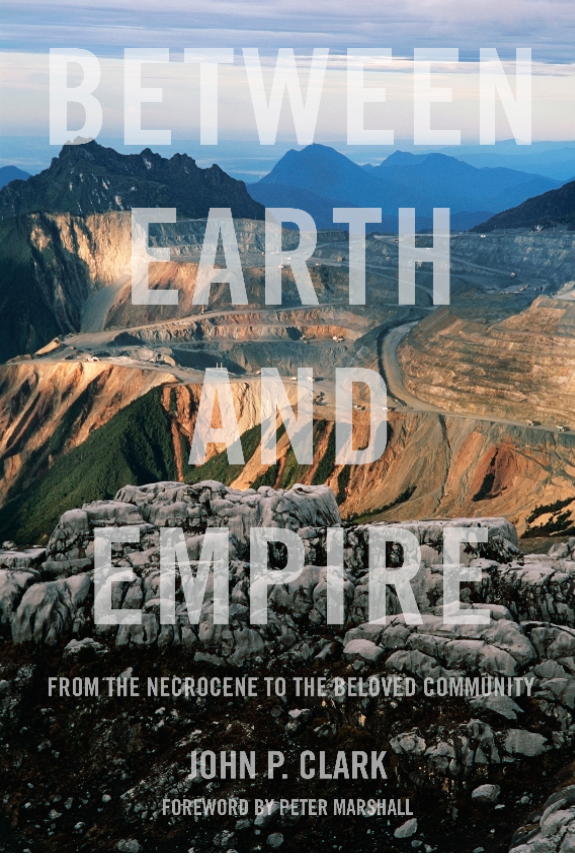
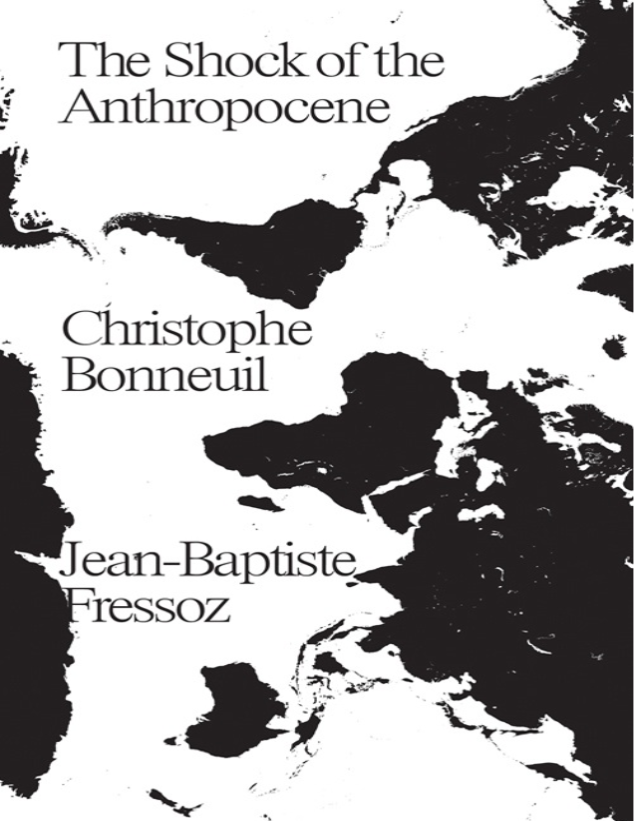
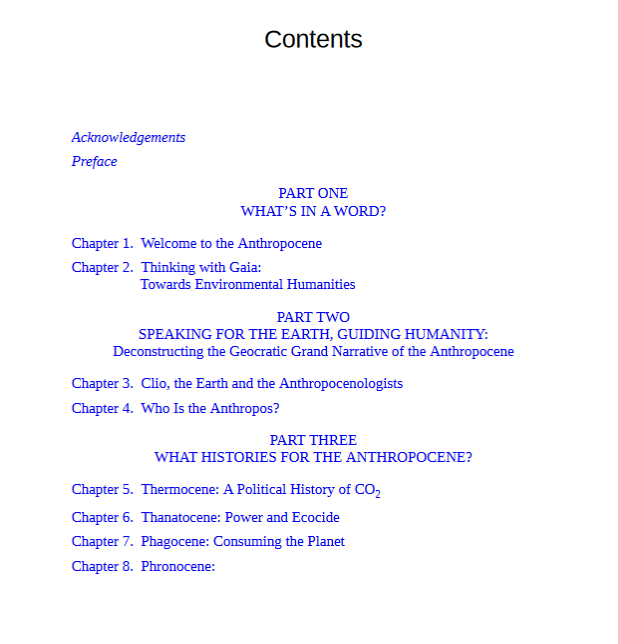
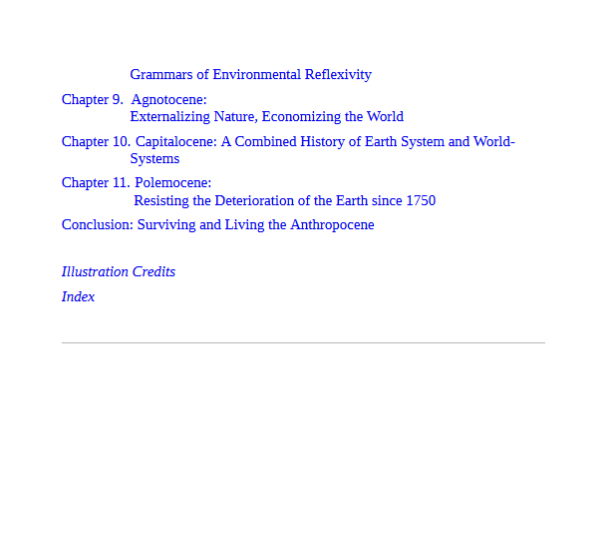
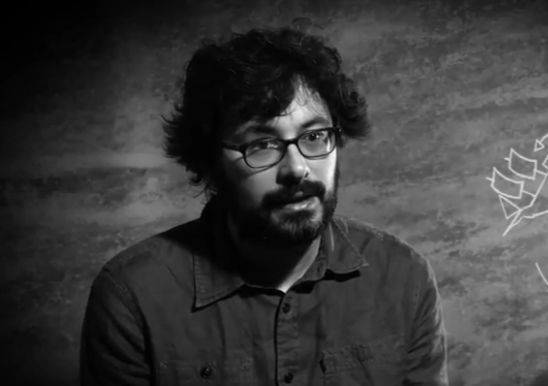
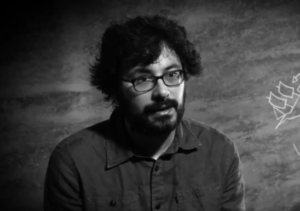 Fressoz, Jean-Baptiste
Fressoz, Jean-Baptiste 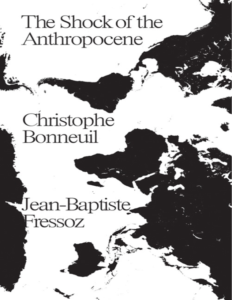 The Shock of the Anthropocene (2013)
The Shock of the Anthropocene (2013) 
 Bonneuil, Christophe
Bonneuil, Christophe